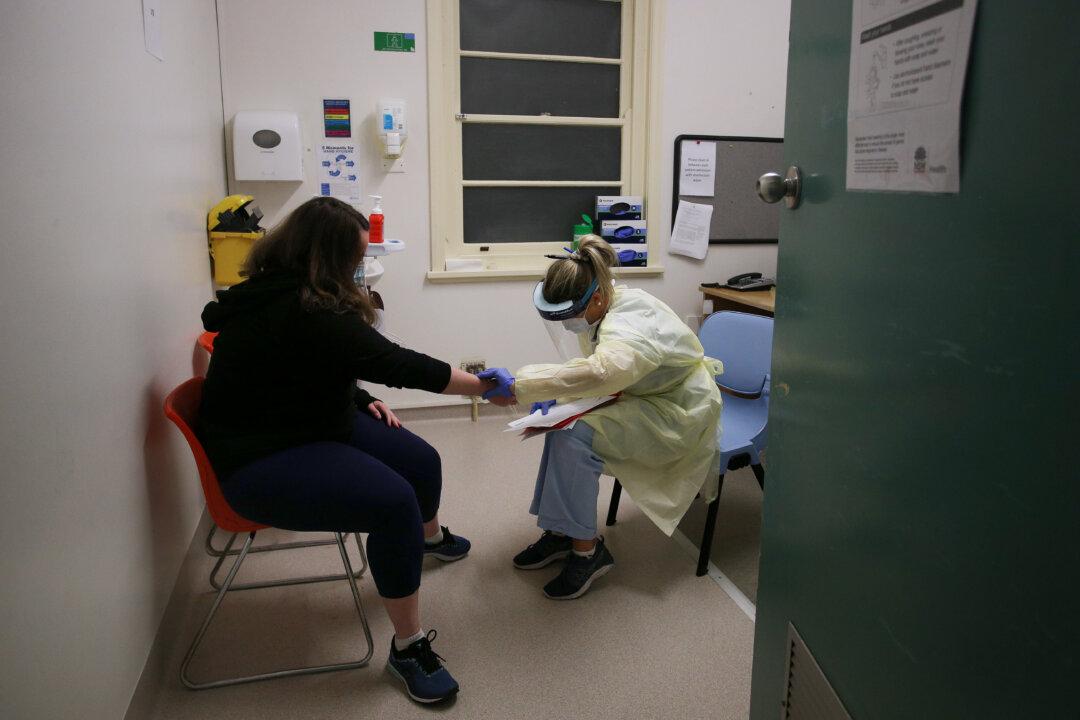Young doctors in the NSW regions will be among thousands of healthcare students eligible for a $12,000 scholarship if they commit to working in the state’s public health system for five years.
With 2,000 scholarships a year, the government initiative is aimed at slowing the number of young graduates dropping out of the NSW healthcare workforce.





